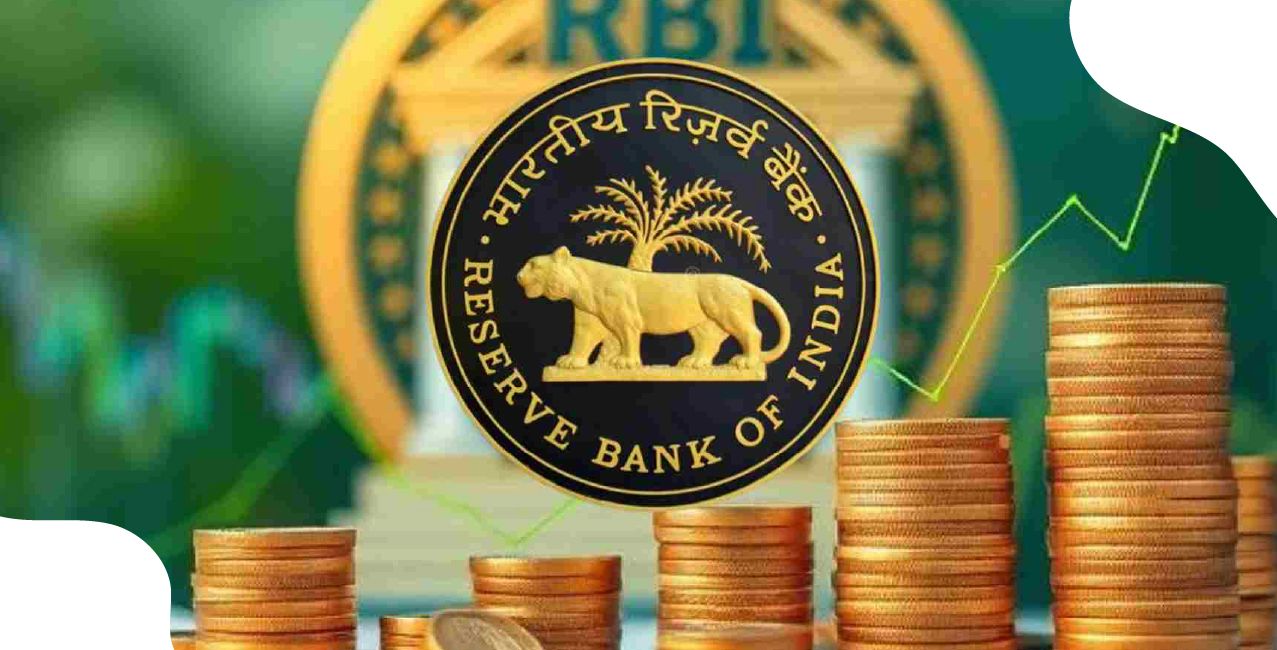New Update in This Govt. Pension Scheme; Read Article to Calculate Losses and Gains

Check Your Loan Eligibility Now
By continuing, you agree to LoansJagat's Credit Report Terms of Use, Terms and Conditions, Privacy Policy, and authorize contact via Call, SMS, Email, or WhatsApp
New deadline, fresh rules and a hybrid process mark the biggest change in pension regulations in recent years.
For decades, government staff in India have debated between old pensions and market-linked schemes. Today, the question has turned into action.
The Finance Ministry has declared that those under the National Pension System (NPS) can shift to the new Unified Pension Scheme (UPS). To make this switch easier, a September 2025 order permits physical submission of forms along with online filing. With the deadline set at 30 September 2025, lakhs of employees are now racing against time.
Recent Development On Unified Pension Scheme Opt-In Process
The latest notification by the Ministry of Finance in September 2025 has made the Unified Pension Scheme opt-in process more flexible.
A detailed release by the Press Information Bureau on 18 September 2025 confirmed that employees and spouses of deceased retirees who cannot use the Central Recordkeeping Agency system can file paper forms. This step was taken after reports of frequent technical failures on the CRA portal.
Physical forms such as B2, B4 and B6 are allowed. These are to be submitted to the nodal office. Once filed, the requests will be processed with the same authority as online applications.
The submission process can now be understood in three clear categories.
The table reflects how the government has segmented employees. By doing this, no category is left without a channel to opt in.
Scale Of Government Employees Pension Shift in 2025
The government has put out numbers that show the weight of this change. According to a PIB report released in August 2025, if states adopt the new scheme, around 90 lakh employees may come under UPS.
This group includes nearly 23 lakh central government staff, 3 lakh employees of central autonomous bodies, 56 lakh state government staff and 10 lakh from state autonomous bodies.
This is not a small reform. It is a shift that may change the retirement structure of an entire workforce.
This tabular view shows the wide reach of the scheme. It is also a reminder of the task ahead for the ministry and the nodal offices.
Finance Ministry Pension Scheme Update And Legal Structure
The regulatory foundation of UPS is now firm. The Central Civil Services (Implementation of Unified Pension Scheme under National Pension System) Rules, 2025 were notified in the Gazette on 2 September 2025. These rules provide that employees with at least 25 years of service will receive full assured pension. Those with service between 10 and 25 years will get pension on a pro-rata basis.
Retirement gratuity and death gratuity are also included. For the first time, clear rules were framed for spouses of deceased retirees. The rules also cover penalties. Employees dismissed from service or facing disciplinary action cannot opt for UPS.
The changes did not come at once. They were introduced step by step across three reports.
The table explains how the government started with operational orders, moved to legal clarity and finally opened a practical window for physical filing.
Physical Form Submission For UPS And Earlier Instances
Offline filing is not new. When Aadhaar-linked subsidies faced network issues in 2013 and 2017, the government opened offline windows for claimants. A similar model is being repeated here.
Readers may recall our earlier coverage on subsidy rollouts and delays Aadhaar-linked Subsidy Update. In that report, offline counters were created to balance poor connectivity. The same idea is now visible with the Unified Pension Scheme.
By comparing the two cases, it is clear that when digital infrastructure falls short, the state falls back on paperwork. This ensures service continuity.
New Pension Rules For Central Government Staff And Past Reactions
The UPS brings back certainty that was lost when NPS came in during 2004. Under NPS, pension payouts depended on market returns. Under UPS, a government servant knows the assured pension amount once service years are confirmed.
A LoansJagat article, “PPF vs NPS – Best Long-Term Investment Option Compared”, had earlier highlighted how NPS exposed savers to market risks while PPF and other guaranteed products offered stability.
Past actions also point to a similar pattern. In 2018, when the Employees’ Provident Fund Organisation revised claim rules, several banks were directed to accept manual claim forms due to delays on the online portal. The reaction of the Finance Ministry today reflects the same line of thinking. By keeping both online and offline tracks open, the ministry is protecting its deadline. The September 2025 cut-off has been repeated in every release, including the PIB note of 18 September 2025.
Conclusion
The Unified Pension Scheme is no longer a proposal. It is now the framework for government retirement planning. The Unified Pension Scheme opt-in process with both digital and paper choices shows the Finance Ministry’s intent to cover every employee.
The Government employees pension shift 2025 is one of the largest workforce transitions in recent history. With the Finance Ministry pension scheme update coming through multiple reports in March, September and later clarifications, the groundwork has been laid. Physical form submission for UPS is a safeguard against digital exclusion.
For the lakhs of workers waiting to secure their retirement, the new pension rules for central government staff mark a turning point. The coming months will show how quickly the administration can process forms and make UPS a living system rather than a new line in policy documents.
About the author

LoansJagat Team
Contributor‘Simplify Finance for Everyone.’ This is the common goal of our team, as we try to explain any topic with relatable examples. From personal to business finance, managing EMIs to becoming debt-free, we do extensive research on each and every parameter, so you don’t have to. Scroll up and have a look at what 15+ years of experience in the BFSI sector looks like.
Subscribe Now
Related Blog Post

Home Loan Interest Rates 2025 Deliver Major EMI Relief, Will Borrowers See More Gains In 2026?

Will the Indian Rupee Stabilise in 2026 After a Volatile 2025?

RBI Draft Rules Target Surprise Costs in Overseas Payments
Recent Blogs
All Topics
Contents
Quick Apply Loan
Consolidate your debts into one easy EMI.
Takes less than 2 minutes. No paperwork.
10 Lakhs+
Trusted Customers
2000 Cr+
Loans Disbursed
4.7/5
Google Reviews
20+
Banks & NBFCs Offers
Other services mentioned in this article





